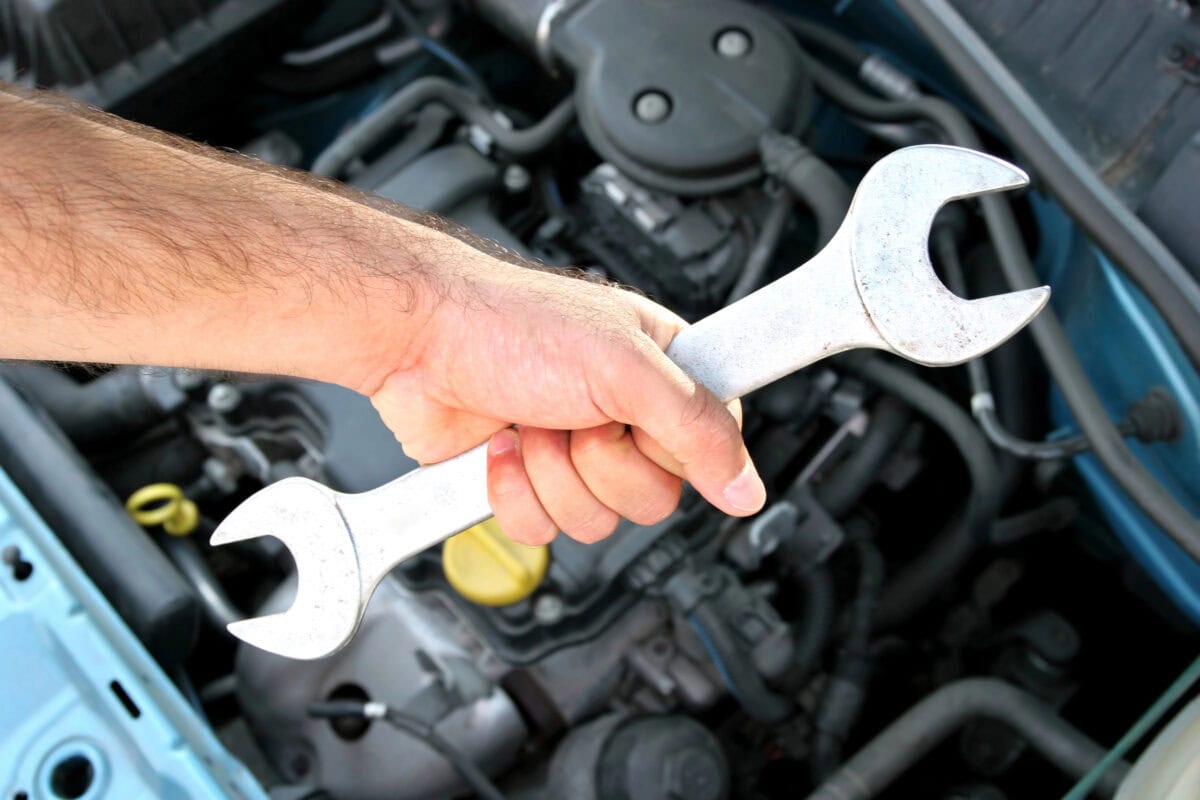Quality Workmanship Makes the Difference
When thousands of vehicles are entrusted to us every year, you can be assured that we will fix your car with the same quality that has kept people coming back since 2014. You’ll be glad to know that our technicians have over 20 years of experience combined. As a NAPA AutoCare Center, all our technicians have access to the most extensive training in the automotive industry. We employ experienced technicians. In addition, our technicians receive continuing education. These certifications ensure knowledgeable proficiency for all your automotive repair needs such as car repair, brake repair, lube & oil changes, wheel alignment, towing and many other car repair services in Evanston IL, Rogers Park, and Lincolnwood IL.








